How to Prepare Your SEO Strategy For a New Website
If you’ve made the decision to build a website for your business then you need to begin investing your time in SEO now. If you don’t put the groundwork in from the moment you establish your online presence then all of the effort you have put into the design will fall flat.
At
Infoserve, we are dedicated to helping small businesses like yours find their way online so we’ve created this quick How To guide to help you prepare your SEO strategy for your new website.
Why you need to include SEO in your website strategy
SEO isn’t a luxury. It is a non-negotiable fundamental element of your website. Without it, you simply won’t get found online.
Even if you choose to invest in paid ads, you’re unlikely to be considered for them if your SEO isn’t up to scratch. But when the tools are available to help you get found for free, why wouldn’t you utilise them?

How to prepare an SEO strategy
Choose a high speed website hosting platform
Speed is a trust signal.
A site that loads in 1 second has a conversion rate 3x higher than a site that loads in 5 seconds. -
Portent
… and Google notices!
Slow site speed has a huge impact on how Google views your website because it:
- Increases bounce rate
- Reduces the number of pages per visit
- Plummets conversion rates
So, if you’ve spent hours optimising your website for SEO but neglect site speed, you’ve fallen at the first hurdle. The website host you choose can make or break this.
Set up Google Search Console
Google Search Console is an invaluable tool when it comes to achieving SEO success.
It can help you:
- Optimise content with analytics
- Provide key insights into which keywords are drawing customers to your site
- Fix issues immediately with email alerts
- Understand how Google sees your web pages
- Analyse page performance
And many more.
Establish your goals
If you don’t have goals then you don’t have direction. This is the first hurdle of any marketing strategy.
You’ll hear it said time and again that you cannot pursue your goals if you don’t know what they are. Without them, it’s impossible to analyse results or optimise your website to achieve those results.
Here are some examples of SEO goals:
- Increase organic traffic
- Decrease page loading speed
- Strengthen domain authority
- Increase the number of leads/goal completions
- Capture rich snippet positions
- Achieve X number of pages per visit
- Increase conversions from organic search
- Create a structured internal linking system
The specifics of these goals should be tailored to your business.
Study your competition
Your competition are your main indicators for the type of content you should be creating. This is because they have already put the ground work in to discover exactly what gets them ranking.
There are many things to look at when analysing your competitors including:
- Their website structure
- The keywords they rank for
- The keywords that drive traffic to their website
- Whether paid ad listings impact traffic
- Placement of keywords on their pages
- Use of media such as images, video and graphics
- Content format - do they use bullet points, tables, paragraphs, FAQs?
- Frequency of new content
- Backlink profile
Tools such as Ahrefs, SEMRush and HubSpot can help you discover and analyse your competitors.
Top Tip: As a new website, choose small fry websites as your competition. You won’t be able to compete with the top ranking websites just yet, so start small and work your way up as your business grows.
Create a keyword strategy
This might sound daunting but once you have conducted your competitor analysis, it should be fairly simple to create a keyword strategy.
Keywords are the fundamental basics of any SEO strategy because they connect your content to the user's search query.
There are 4 types of keyword that classify intent:
- Informational keywords: Searchers are looking for the answer to a question
- Navigational keywords: Searchers want to find a specific website or web page
- Commercial keywords: Searchers want to investigate services or brands
- Transactional keywords: Searchers are intending to complete a purchase
The type of keyword you attribute to each web page should depend on which stage your customers are along the buyer's journey, as well as the type of page.
For example:
Commercial keywords are typically assigned to home pages and about us pages.
Informational keywords often lead to FAQs or blog content.
Transactional keywords should lead to product/service pages.
For each web page, choose a single keyword that you want to rank for and think carefully about your customer’s intent when landing on this page to do so.
You should also make sure your keywords are highly specific to your industry and business.

Create a quarterly content plan
Once you have chosen your keyword strategy, you need to create a content calendar.
This is because it’s not enough to simply create a piece of content and throw it out into the wilderness hoping it will survive. You need to nurture your website by continuing to optimise content from initial research to post-publication updates.
It should be consistent, include frequent updates that could be encapsulated within a blog or resources page, and be the product of careful analytics assessments.
We recommend a quarterly assessment of your progress before analysing your results. This will give Google time to index and rank your content. However, it can take around 6 months to see progress from SEO so don’t be disheartened if results are slow.
Incorporate off-site SEO
The aspects of rankability that exist off your website are just as important as on-site factors.
In order to build trust with both Google and prospective customers, make sure you:
- Create a Google My Business account
- Search for backlink opportunities
- Establish a strong social media presence
Consider accessibility
Accessibility isn’t always considered within an SEO strategy but it can have a direct impact on how both Google and your users view your site.
To create an inclusive, easily crawlable website, keep the following in your head when constructing your SEO strategy:
- Alt tags on all images, videos and graphics
- Anchor text to improve readability of text links
- Use headings, bold and italic text to highlight important segments
- Ensure total functionality using the keyboard
- Provide simple navigation options
If you’re unsure about how to incorporate the more technical SEO factors then it might be worth employing a developer or experienced
SEO agency to maintain your website.
Incorporate user experience
It’s one thing getting people onto your website, it’s another to convince them to stay.
It can be easy to get carried away with optimising your website and forget that there are customers on the other end who need it to make sense. So make sure that amongst all the technical factors, you continue to write content in a humane way, and create a visually appealing design.
For more information on how to create a website that delivers functionality and design effectively, download our
Web Design White Paper.
Promote your website
Although the point of an SEO strategy is to bring traffic to your website organically, it is incredibly beneficial to promote it elsewhere along the way.
Once it has gone live, make sure you promote your pages on social media, YouTube or even an email list. An increase in traffic will alert Google that people are interested in your brand, and this trust signal shouldn’t be underestimated where SEO is concerned.
Search for backlinks
Our final piece of advice for your SEO strategy is to search for high quality backlinks. You may find that these occur naturally as your brand begins to grow online, but it’s always worth hunting for like-minded brands, blogs and online directories that are willing to give your website link space on their platform.
High quality backlinks show Google that your content, product or service is valuable and trusted by reliable sources and is rated one of the top SEO ranking factors by search engines and marketers alike.
Not sure where to start?
Infoserve wants your business to succeed online through bespoke SEO and Web Design services. If you’re seeking further information about how we can help you get found online, contact us today or take a look at our SEO White Paper where we take a deep dive into the basics of Google’s ranking factors.













